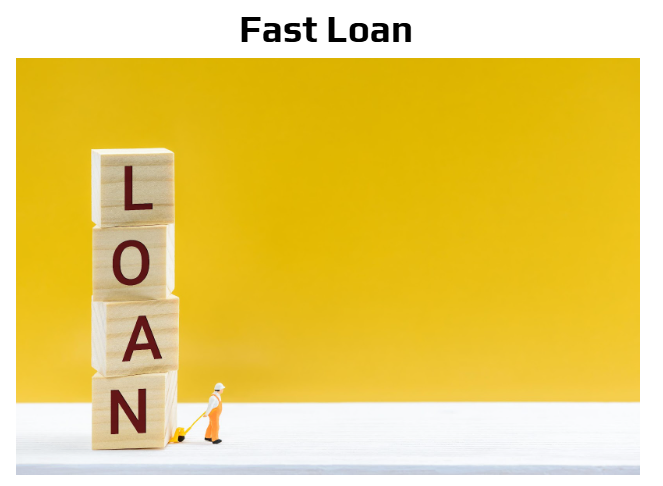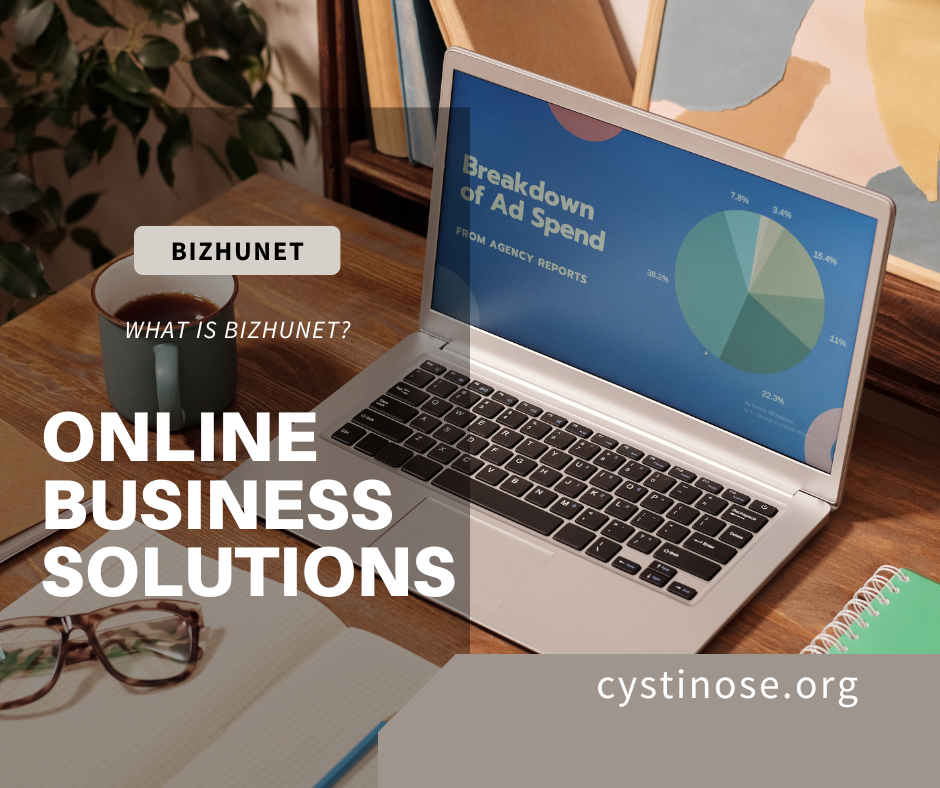
Founded in 2009, FBS is known as one of the best forex brokers for the Asian regions in 2018, especially in Thailand and Indonesia. They allow traders to trade up to 35 currency pairs, 4 precious metals, 2 CFD, and cryptocurrencies. However, many new traders may not have awareness of FBS, which is the reason why I write this article to give you a FBS review.
There are some standards we need to use as fundamentals to rate which ones are the best brokers. Such standards comprise of:
- Trading conditions
- Account types
- Payment systems
- quotes quality
- Credibility
- Regulations
- Customer support
- Local offices
- Availability
- Trading costs
- Spread
- Commission
- Bonuses
Now, let’s go through each standard specifically.
- Trading conditions
- Account types:
FBS offers traders 4 different types of account including Cent account, Standard account, Fixed Spread account, and ECN account. Each of them has its own features that are appropriate for different types of traders. Now I will show you the details of each type.
- Cent account:
- Suitable for beginners or new traders.
- The required deposit: only $1.
When first start trading, most new traders are not willing to invest too much money as they know that 90% of beginners lose everything when they begin trading. With only $10, I think you can practice trading in real-life conditions for up to 3 months.
- The spread: low – only around 1 pip.
- The order volume: from down to 0.01 lot Cent up to 1000 lots.
- Commission: free. Thus, you can trade as much as you want without costing a penny.
- Standard account:
- Suitable for traders with a bit more experience.
- The minimum deposit: average – about $100.
- The spread: better – only around 0.5 pips.
- The leverage: up to 1:3000 – pretty high.
- The order volume: from 0.01 to 500 lots.
- Commission: free.
- Fixed Spread account:
- Also called Zero Spread account.
- Spread: none.
- Commission: $20.
This is understandable because spread is main income of brokers. If the spread is zero, the broker must charge commission.
- The minimum deposit: $500.
- The leverage: up to 1:3000 – pretty high.
- The order volume: from 0.01 to 500 lots.
- ECN account:
- Appropriate for experts and long-term traders.
- The minimum deposit required: $1000 – pretty high.
- Commission: $6 – much lower than other brokers.
- Payment system:
We all know that some US or UK brokers are very good in their country. However, they are relatively bad overseas, especially in Asian countries like Thailand or Indonesia.
Example: In Asia, if traders deposit by their credit cards, they have to pay from 1.7 to 4% of their total fund for the banks. This is so unacceptable. Having a profit rate at 5% monthly is hard enough and now they have to pay 4% just for depositing?
So the best advice for Thai traders is not to trade with those US and UK brokers.
From the example we can infer the importance of choosing brokers who can offer local payment systems. In this field, I suppose FBS is the good one. They offer depositing and withdrawing through almost all local banks and e-wallets in Asian countries. Furthermore, their transferring speed is very perfect. They only come second to Exness, the fastest in the market. One more good thing about FBS is that transactions are completed from half to an hour, while other brokers can waste you hours or even days.
- Credibility
Credibility is evaluated by regulations – the licenses that trusted financial organizations give to a broker to manage that broker. Regulation is the factor that ensures a broker has to follow a certain set of rules to guarantee the safety of traders. Only big forex brokers can meet the demands of those regulations. For FBS, their regulations include CySEC and IFSC, which are two of the most trusted regulations.
Here, there has one thing which I think I need forex traders to understand. It is actually incorrect if someone says that the broker who has more regulations is better than those who have less. Let me explain more clearly. Whether we need many regulations or not depends on two scenarios.
- First scenario: your country already has a regulation. You then should work with broker who has that regulation. That’s enough. You won’t need any other regulations from elsewhere.
Example: FBS has IFSC, a South African regulation, so traders in South Africa can be safe when trading with FBS.
- Second scenario: your country does not have a regulation. You then ought to trade with brokers who have at least one trusted regulation.
To sum up, regulations are just signals to let us know how decent, reliable, and safe the brokers are.
- Customer support:
This standard is vital in this forex field due to the complexity of forex. Traders constantly need as much help and support from brokers as possible. From my experience, I consider FBS supporting team is fantastic. The reason is that they can support clients in English 24/7 on live chat. Moreover, for non-English speakers, they support local offices in Indonesia, Malaysia, Egypt, Thailand, China, Korea and Myanmar that are always ready to help customers 5 days a week.
- Trading costs
- Spread:
Low-spread brokers are preferred by most traders. Spread is the difference between the Ask price and the Bid price of a currency pair. FBS’s spread is only from 0.2 to 1.1 pips which is in the top low spread brokers. Also, its spreads are much lower than XM, FXTM, FXCM, etc.
- Commission:
FBS charges commissions for income. They have different commission rates based on the kinds of account. Cent and Standard accounts is commission free.
- Bonuses:
FBS offers many types of bonuses including deposit bonus, welcome bonus, or loyalty program. Their bonus is attractive as it is in the highest rate which is up to $123. In addition, their deposit bonus gives back trader 100% of the deposit amount. Moreover, there is the cashback program rebating you $7 for every lot traded.





